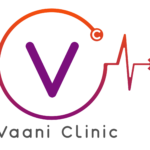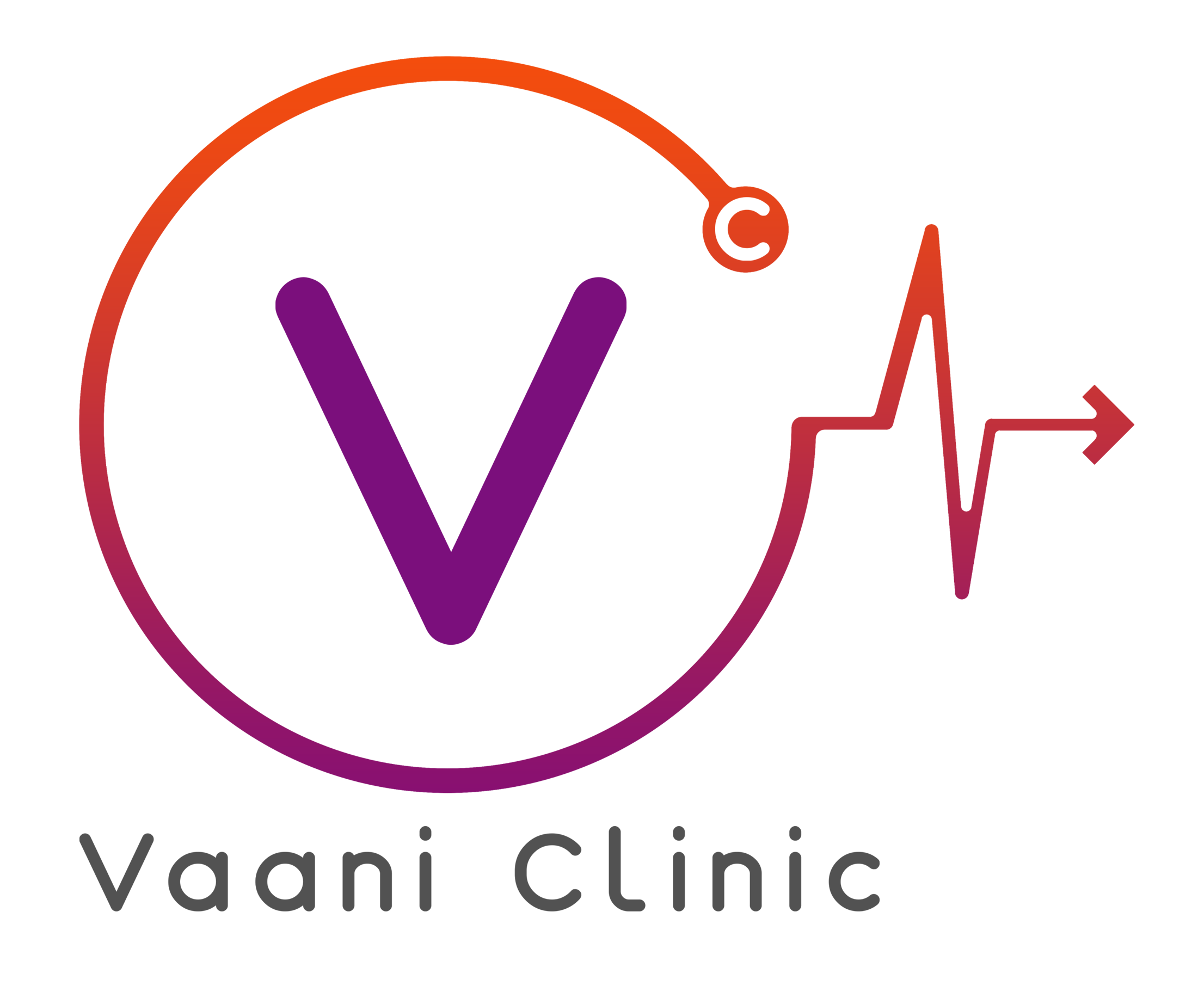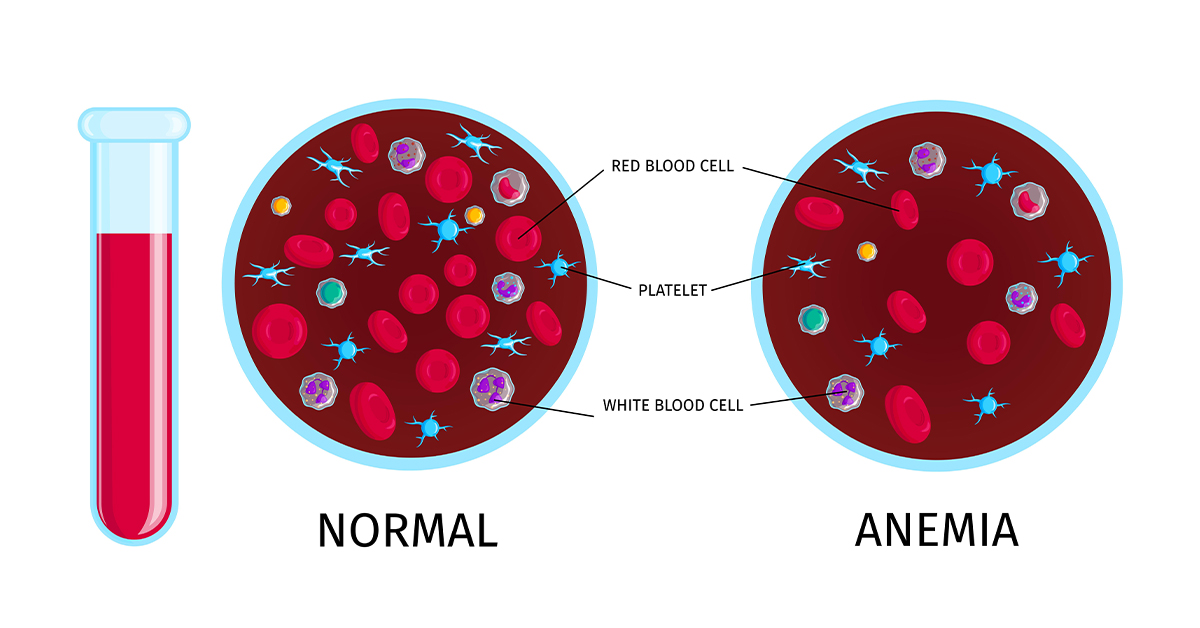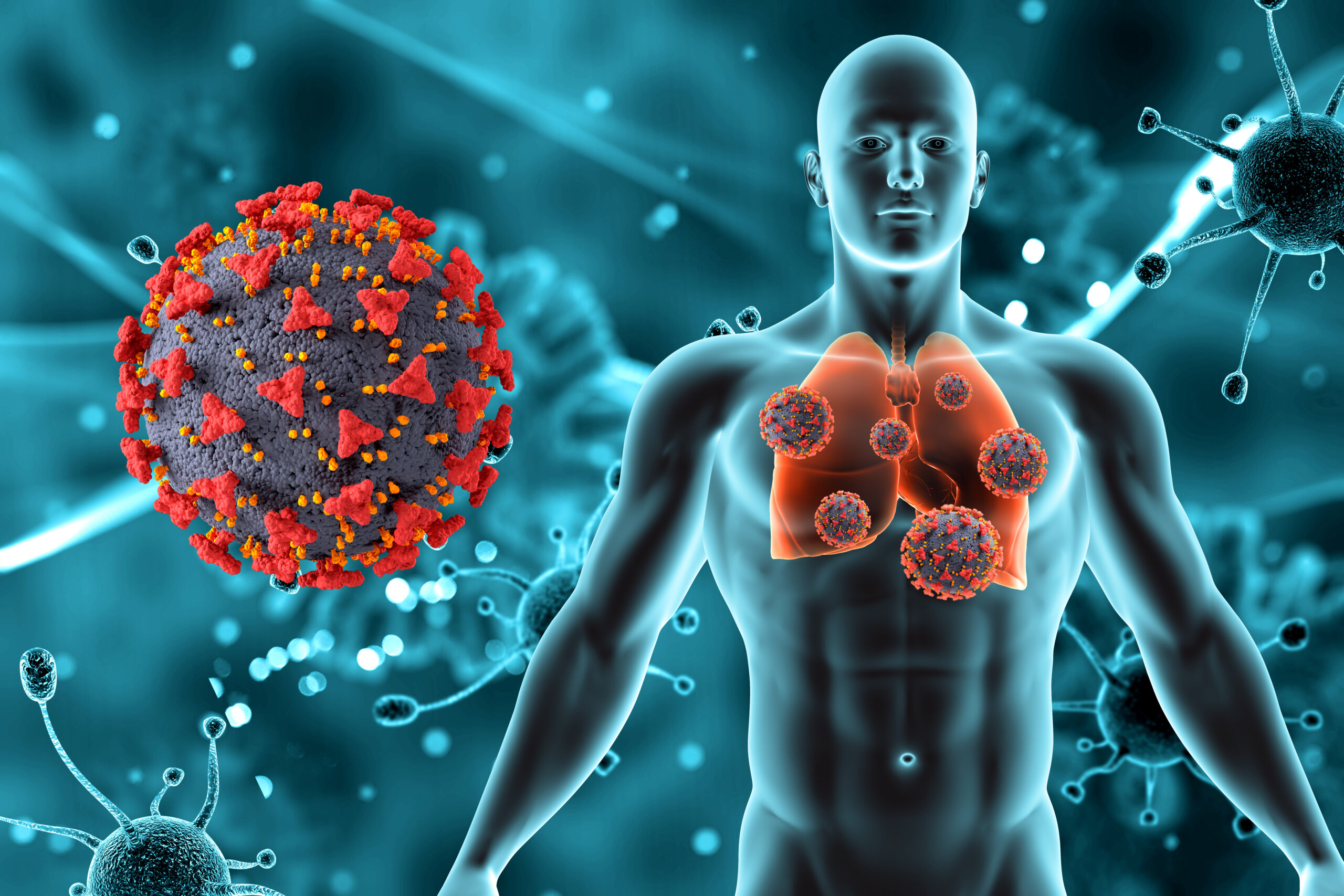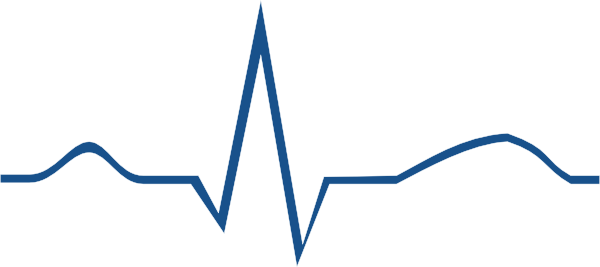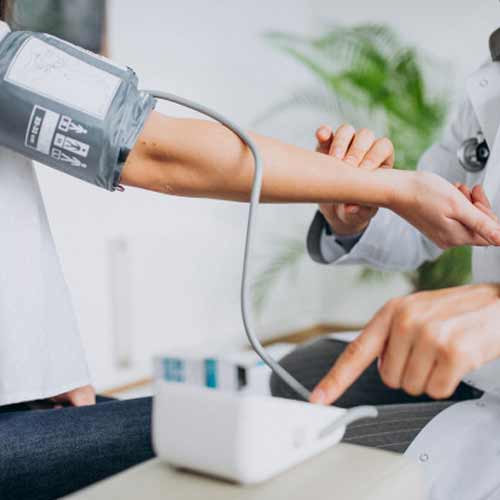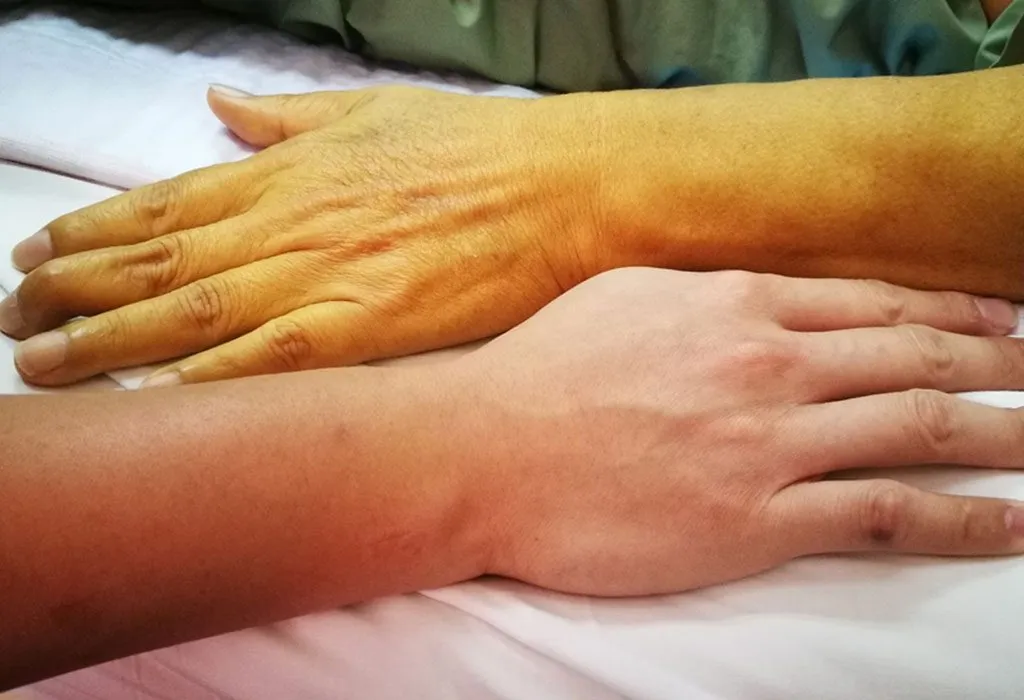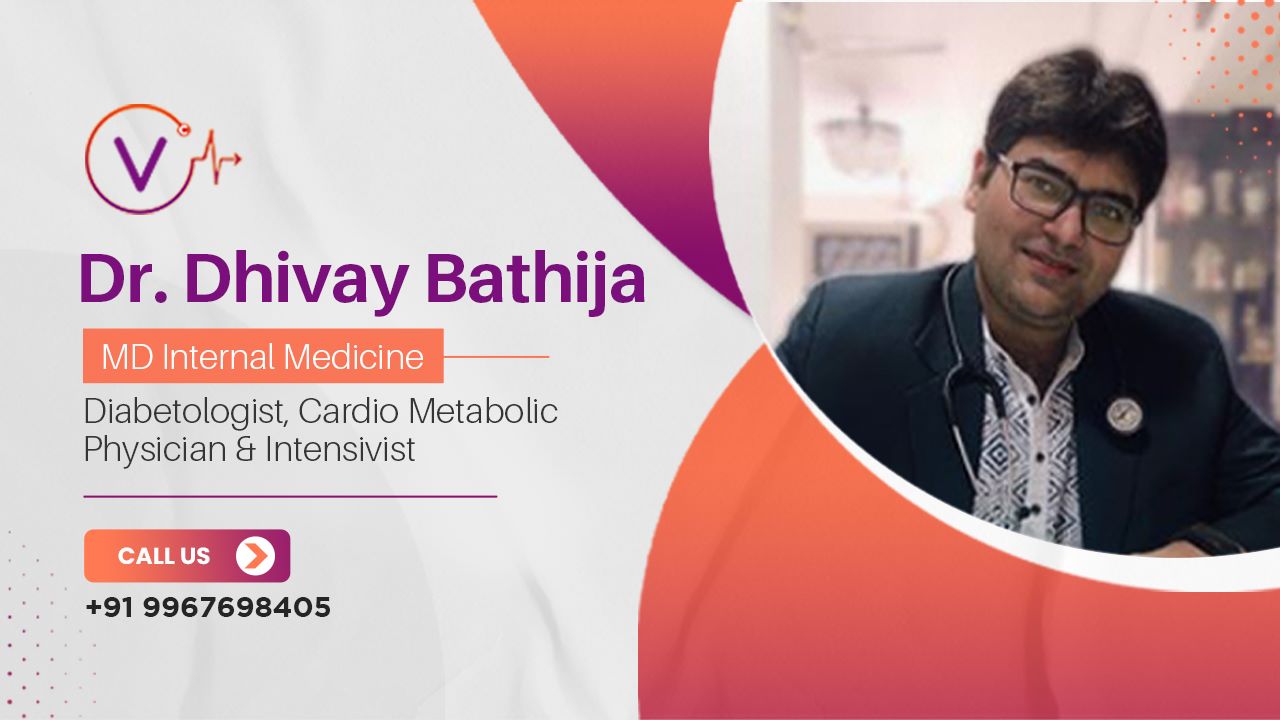
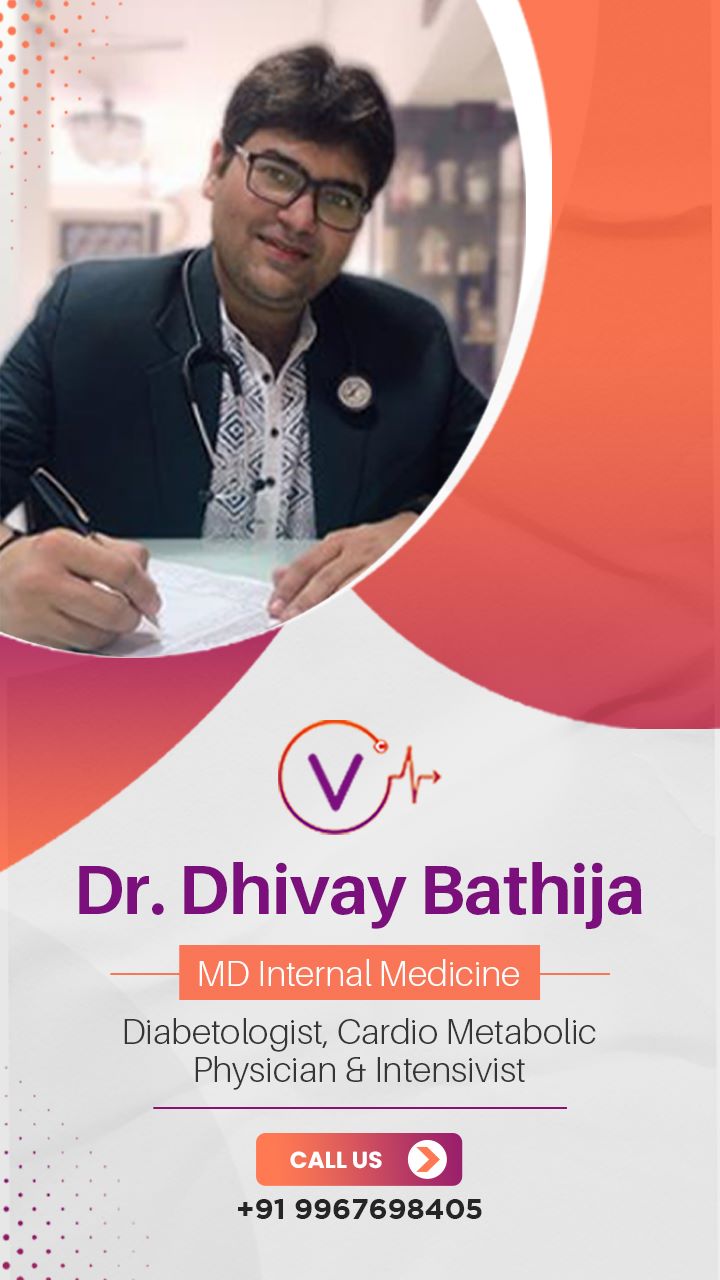
Address
BATHIJA’S VAANI CLINIC, Shop No 2, Nityanand Baug Society, Opp - Canara Bank, Chembur, Mumbai, Maharashtra 400074, India
Call Now
+91 99676 98405
Appointment
drdhivaybathija@gmail.com
Opening Hours
Monday to Saturday
10:00 am - 02:00 pm
06:00 pm - 10:30 pm
Easy to book Appointment
Better Service
Care taking Doctors
Professional Doctors
OUR SERVICES
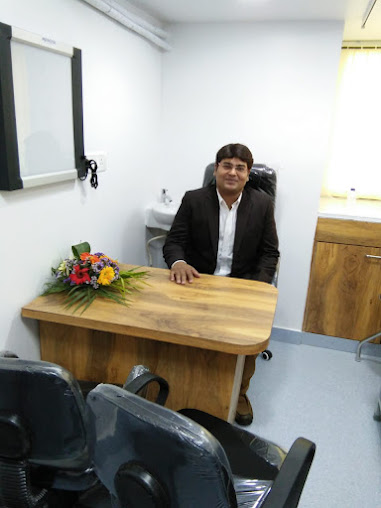
About
Dr. Dhivay Bathija
Dr. Dhivay Bathija is a highly qualified and experienced physician with a strong commitment to providing patient-centered healthcare. He obtained his MBBS from MGM Medical College and Hospital and his MD in Medicine from Dr. D.Y.Patil Hospital and School of Medicine. In addition, he holds a National Diabetic Complication Program (NDCP) Certificate Course from the Royal College of Physicians in London. He is known for his exceptional clinical consultation skills and his ability to work effectively with other medical professionals on complex cases.
Dr. Dhivay Bathija contributions to the medical field have been recognized by his peers and the wider community. He was awarded the “Lockdown Hero” award by the Times of India for his efforts during the COVID-19 pandemic.
His research in the field of medicine is also noteworthy. He has presented a poster on “Rare presentation of Plasmodium Vivax with Cerebral Infarcts” at MAPCON Nagpur 2015 and presented a paper on “Study of Spectrum of Clinical Presentation in Plasmodium Vivax Malaria” at MEDIACE 2016. His publication “Haematological Profile in Splenomegaly: Study of 100 cases” was published in the International Journal of Integrated Medical Research in 2016.
Contact Us :-
E-mail ID :-
Clinic Timing
Monday to Saturday
10:00 am - 02:00 pm
06:00 pm - 10:30 pm
Join Us
Take a small Ride of our Clinic
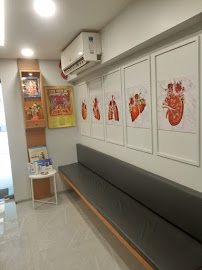



FAQ
A cardiologist is a medical doctor who specializes in diagnosing and treating conditions related to the heart and cardiovascular system.
Cardiologists treat a wide range of conditions, including heart disease, heart attack, high blood pressure, arrhythmias, heart valve disease, and congenital heart defects.
The most common symptoms of heart disease include chest pain or discomfort, shortness of breath, fatigue, dizziness, and heart palpitations.
Heart disease can be diagnosed through a variety of tests, including electrocardiogram (ECG), echocardiogram, stress test, cardiac catheterization, and angiography.
The risk factors for heart disease include high blood pressure, high cholesterol, smoking, obesity, diabetes, family history of heart disease, and a sedentary lifestyle.
You can prevent heart disease by maintaining a healthy diet, staying physically active, not smoking, maintaining a healthy weight, managing stress, and getting regular check-ups from your doctor.
Treatment options for heart disease depend on the specific condition and severity. Treatment may include lifestyle changes, medications, medical procedures, or surgery.
A pacemaker is a small device that is implanted under the skin of the chest to help regulate the heart’s rhythm.
Angioplasty is a medical procedure in which a small balloon is inflated inside a blocked or narrowed artery to improve blood flow. This may be done alone or with the placement of a stent to help keep the artery open.
You should consider seeing a cardiologist if you have any symptoms or risk factors related to heart disease. Some common symptoms that may indicate a need to see a cardiologist include:
- Chest pain or discomfort
- Shortness of breath
- Irregular heartbeat
- Dizziness or fainting
- Swelling in the legs or ankles
- High blood pressure
- High cholesterol
- Family history of heart disease
- Smoking or other forms of tobacco use
- Diabetes
If you have any of these symptoms or risk factors, it’s important to talk to your primary care doctor about whether a referral to a cardiologist is necessary. Your doctor may also recommend seeing a cardiologist if you have a history of heart disease, have had a heart attack or stroke in the past, or have undergone heart surgery or other heart-related procedures.
